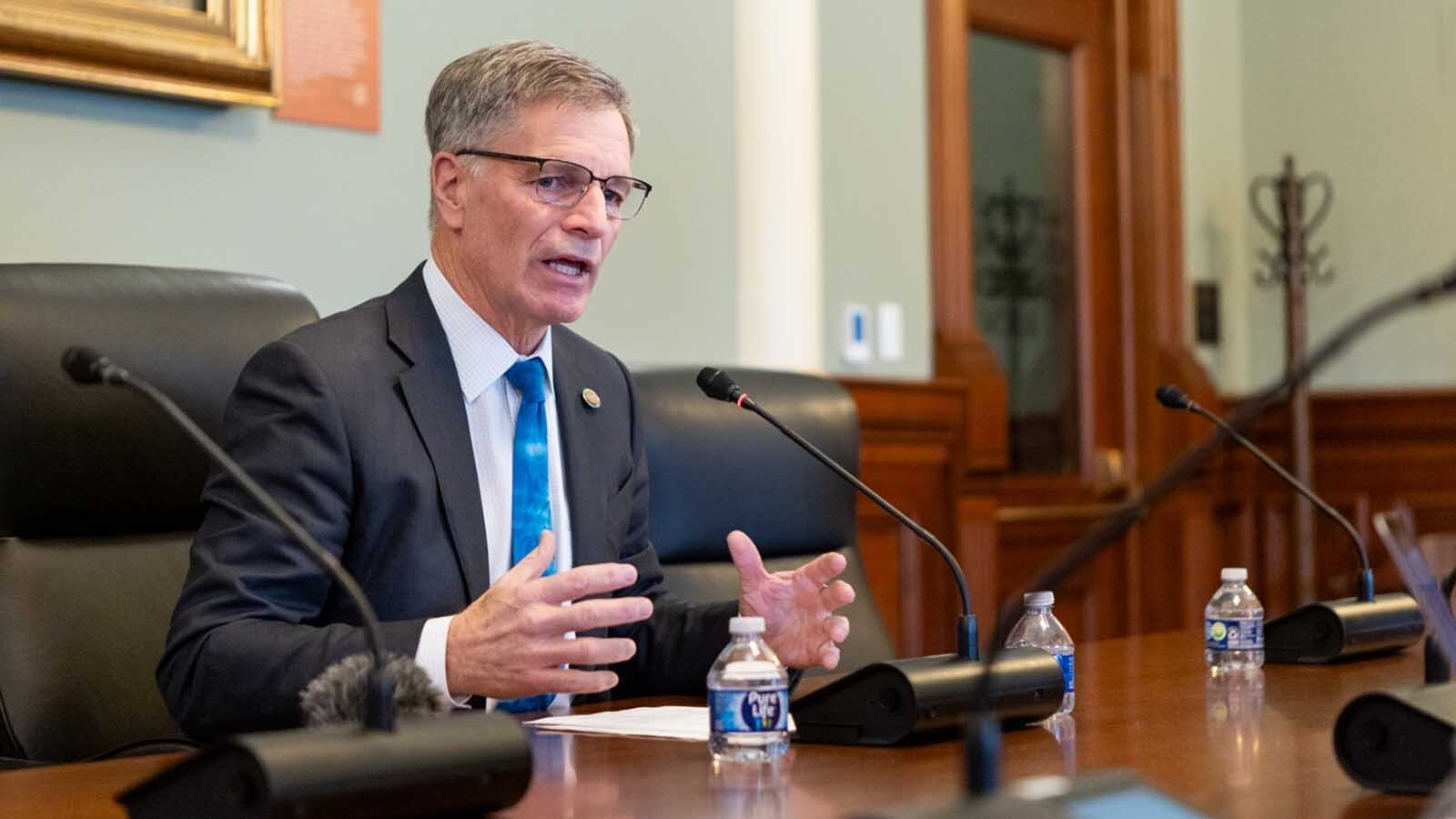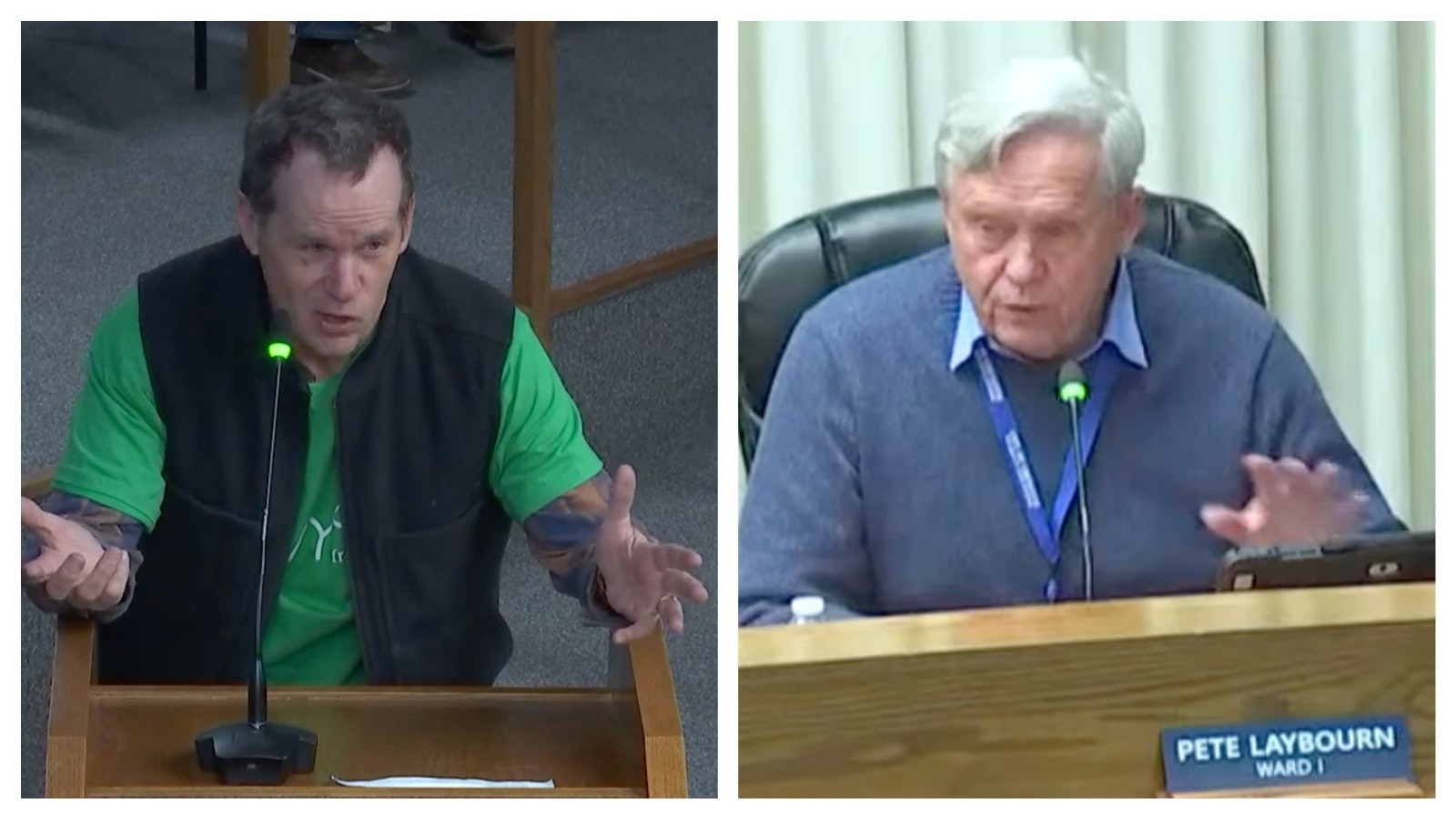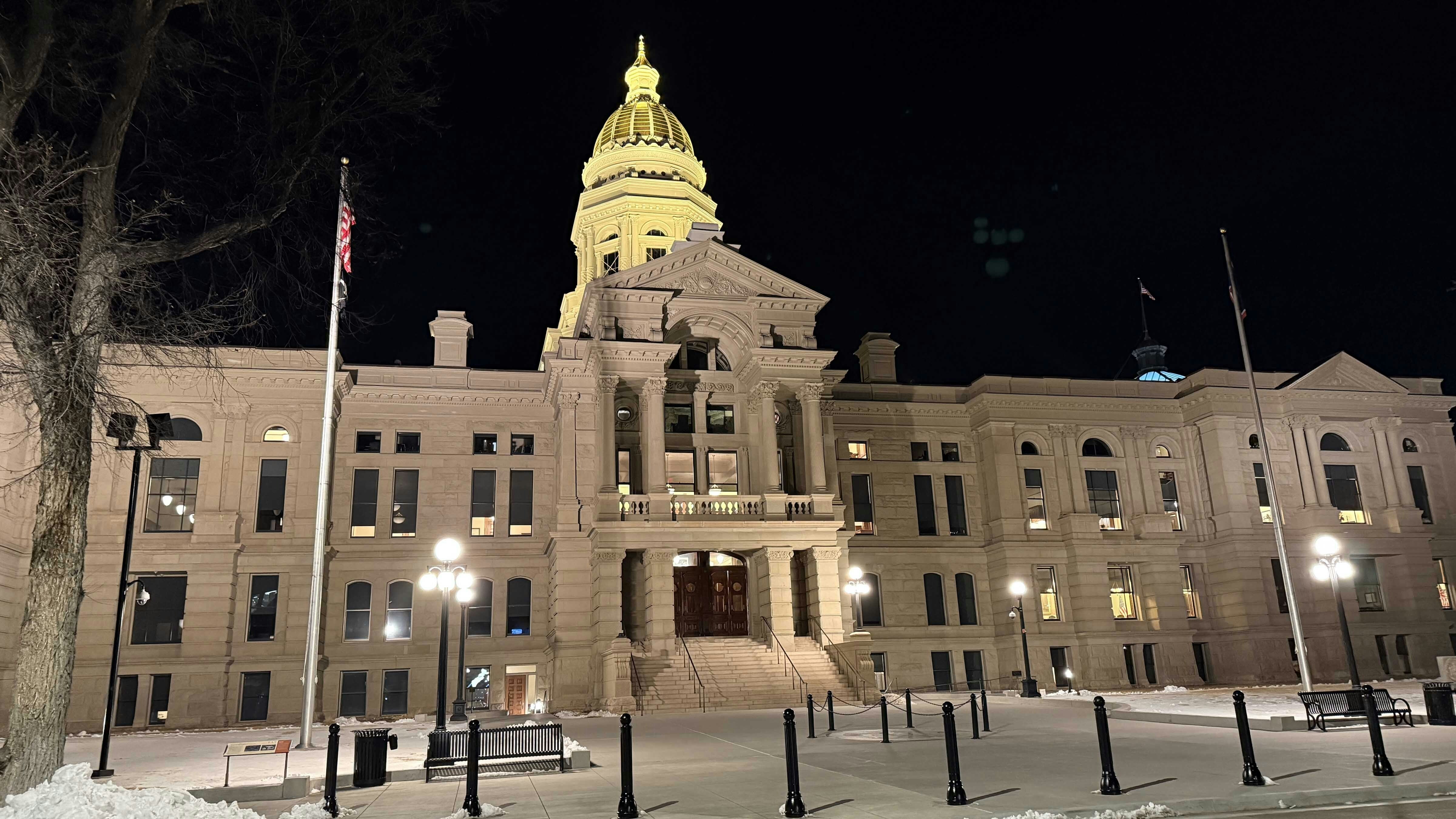WASHINGTON, D.C. — The U.S. Senate voted Sunday by the slimmest of margins to end the government shutdown, a tentative compromise to reject the Democrats’ Obamacare tax credit demands while saving federal employees’ jobs and ensuring those workers get back pay.
The deal brokered over the weekend — which is tentative — would also fully fund anti-hunger programs, such as SNAP and WIC. Some of that food assistance fell into legal limbo over the past few days.
The Senate late Sunday advanced an amended version of a short-term funding measure called a continuing resolution, or CR, which the U.S. House passed in September.
Sixty votes were needed to overcome the filibuster in the Senate, ending debate, and the bill got the bare minimum. It advanced on a 60-40 tally Sunday just before 11 p.m. ET.
Although the vote was preliminary, it signals that final Senate passage is forthcoming. That step, which requires only 51 votes, will likely occur Monday.
Because the Senate has amended the CR, the measure must — after final Senate passage — go back to the House before heading to President Donald Trump’s desk for his signature.
Though nothing is certain in the House, the Senate’s vote was a breakthrough toward ending the shutdown that reached 40 days Sunday, the longest ever.
The Senate is usually in session Mondays through Thursdays but senators stayed in the nation's capital Friday and all weekend in hopes of a breakthrough.
Barrasso, Lummis
Wyoming’s U.S. senators, Republican Whip John Barrasso and fellow Republican Cynthia Lummis, voted for the CR along with all members of the Senate GOP except for Rand Paul of Kentucky, who routinely votes against spending bills.
The GOP holds a 53-47 edge in the chamber and had previously failed in 14 votes to peel off enough Democrats to break the stalemate. All those votes had fallen short of the 60-vote threshold.
Consistently the GOP had gotten the votes of Democratic U.S. Sens. John Fetterman of Pennsylvania and Catherine Cortez Masto of Nevada, plus Angus King of Maine, an independent who caucuses with Democrats.
On Sunday, Senate Republicans added to their side U.S. Sens. Maggie Hassan and Jeanne Shaheen, both of New Hampshire, plus Dick Durbin of Illinois, Tim Kaine of Virginia and Jacky Rosen of Nevada.
Durbin is the Democratic whip, Barrasso’s counterpart.
Barrasso and Lummis were unavailable for comment late Sunday night.
RIFs, Flexible Spending Accounts
Trump had threatened to fire federal employees by issuing what are known as reductions-in-force, or RIFs, and to permanently withhold back pay from other employees as the shutdown dragged on.
The compromise, if finalized, assures none of that will happen, according to the text of the CR as amended by the Senate.
The text was released Sunday, posted on the website of the Senate Appropriations Committee chaired by U.S. Sen. Susan Collins, R-Maine.
In a win for Republicans, the amended CR does not contain an extension of enhanced tax credits under the Affordable Care Act, also known as Obamacare.
The credits are due to expire at the end of the year. Democrats had insisted on an extension of the credits to stave off skyrocketing health insurance premiums.
Many Senate Republicans, including Barrasso and Lummis, in recent days made floor remarks blasting an extension as a giveaway to health insurance companies that would do nothing to help lower overall costs.
U.S. Sen. Bill Cassidy of Louisiana, a Republican who — like Barrasso — is a physician, floated a change to Obamacare. His plan would redirect the tax dollars that currently fund the enhanced tax credits into new, flexible spending accounts for individuals.
The funds would go directly to people, not health insurers.
“I think this works all the way around,” Cassidy said, adding he believes he has Trump’s support.
Barrasso said in floor remarks that he is warm to Cassidy's idea.
“Republicans believe that the taxpayer dollars should go directly to people who are making their own decisions about healthcare for their families, not the insurance companies,” Barrasso said on the floor Saturday.
“Let the American people decide what works for them and their families,” Barrasso said.
Cassidy’s plan, though, is not included in the amended CR. It is something senators may discuss later.





